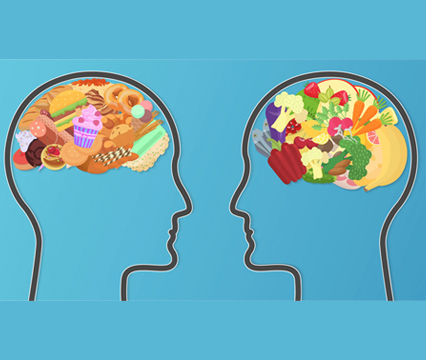Preventing adolescent stress-induced cognitive and microbiome changes by diet (animal study)
Provensi et. al (2019) state that in order for the brain to undergo proper brain development and maintain optimal cognitive function during adulthood a healthy diet is crucial as well as those intestinal microbes ensuring a thriving gut-brain communication, and that cognitive deficits, anxiety and rearrangements of brain structures and functions may occur due to psychological stress experienced during adolescence. In this study, numerous tests were carried out on juvenile rats, some repeatedly administered with social instability stress, to discover the preventative effect of a prolonged diet of 4 ω-3 polyunsaturated fatty acids and vitamin A. On emotional and reference memory tests, the results were indistinguishable between the non-stressed rats and those with induced stress being fed the enriched diet. A decline in brain-derived neurotrophic factor (BDNF) expression was observed in the hippocampus of the stressed rats, as well as the normalisation of microbiota composition. Although the detrimental behavioral and neurochemical effects were still seen into adulthood, so too did the protective effect of the enriched diet continue into adulthood, long after the exposure to the stressful environment was terminated. Considering the beneficial role of nutritional components in ameliorating stress-related behaviours and associated neurochemical and microbiota changes showcased in this study, this may be a great advancement in the field of nutritional neuropsychopharmacology. [NPID: cognition, brain, brain development, adulthood, cognitive function, gut-brain axis, microbiome, anxiety, stress, adolescence, rats, animal, BDNF, social instability stress, social stress, PUFA, fatty acids, vitamin A, microbiota changes, nutritional neuropsychopharmacology]
Year: 2019

 Navigation
Navigation






